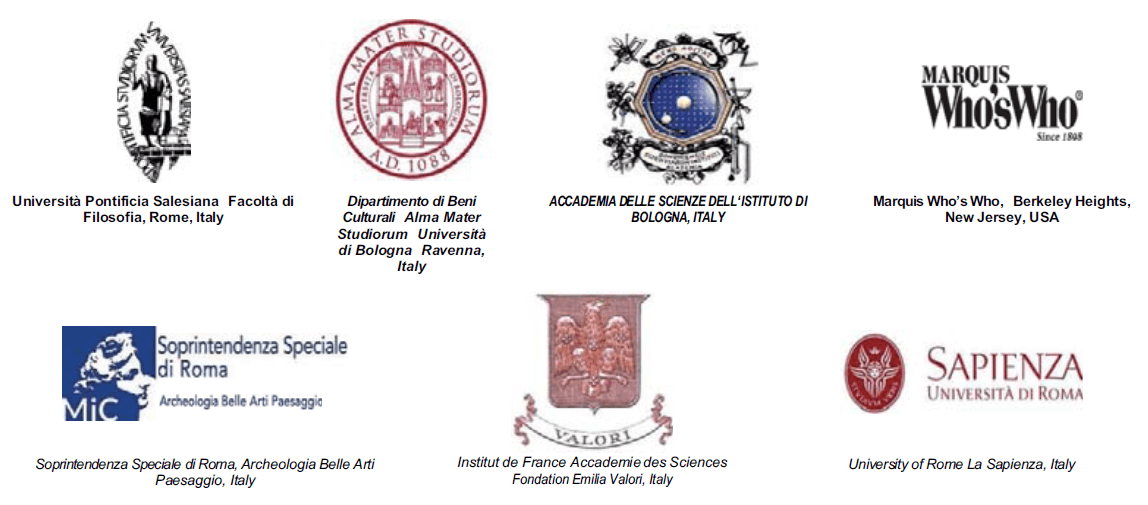Archaeology and public works: an example from Iran
DOI:
https://doi.org/10.6092/issn.1973-9494/473Abstract
The contrast, often dramatic, between the needs of the economic development in the protection of our cultural heritage concerns mainly those countries which are endowed with a glorious past full of historical remains, among them there is Iran as well. In this country, one of the fields that stands for one of the main risk for the protection of the cultural heritage is represented by the ambitious plan to build several dams in order to solve the country water and energy problems. The author shows one of the project worked out by the Iranian Office for the Cultural Heritage, whose goal is to cope with such emergencies. This project refers to archaeological surveys carried out in the area which should be flooding by the Sinvand dam, not so far from the ancient centre of Pasargade, in the Fars area: this project presents an additional interest since it is based on a international collaboration totally new for the Moslem Republic. An "archaeological mission" of the Ravenian branche of the Alma Mater Studiorum (Facoltà di Conservazione dei Beni Culturali), shas taken part to this valuable program, and as explored two rural settlements of Achemenide and Post-achemenide Age (VIth-Ist century B.C.) age, in collaboration with the Iranian Centre for the Archaeological Researches. The results of these three excavations performed, represent the first proof of the region occupation belonging to this period, outside the big dynastic complexes of palaces.Downloads
How to Cite
Callieri, P. (2006). Archaeology and public works: an example from Iran. Conservation Science in Cultural Heritage, 6(1), 103–116. https://doi.org/10.6092/issn.1973-9494/473
Issue
Section
Articles
License
Copyright (c) 2006 Pierfrancesco Callieri
Copyrights and publishing rights of all the texts on this journal belong to the respective authors without restrictions. Authors grant the journal right of first publication.
This journal is licensed under a Creative Commons Attribution 4.0 International License (full legal code).
See also our Open Access Policy.






